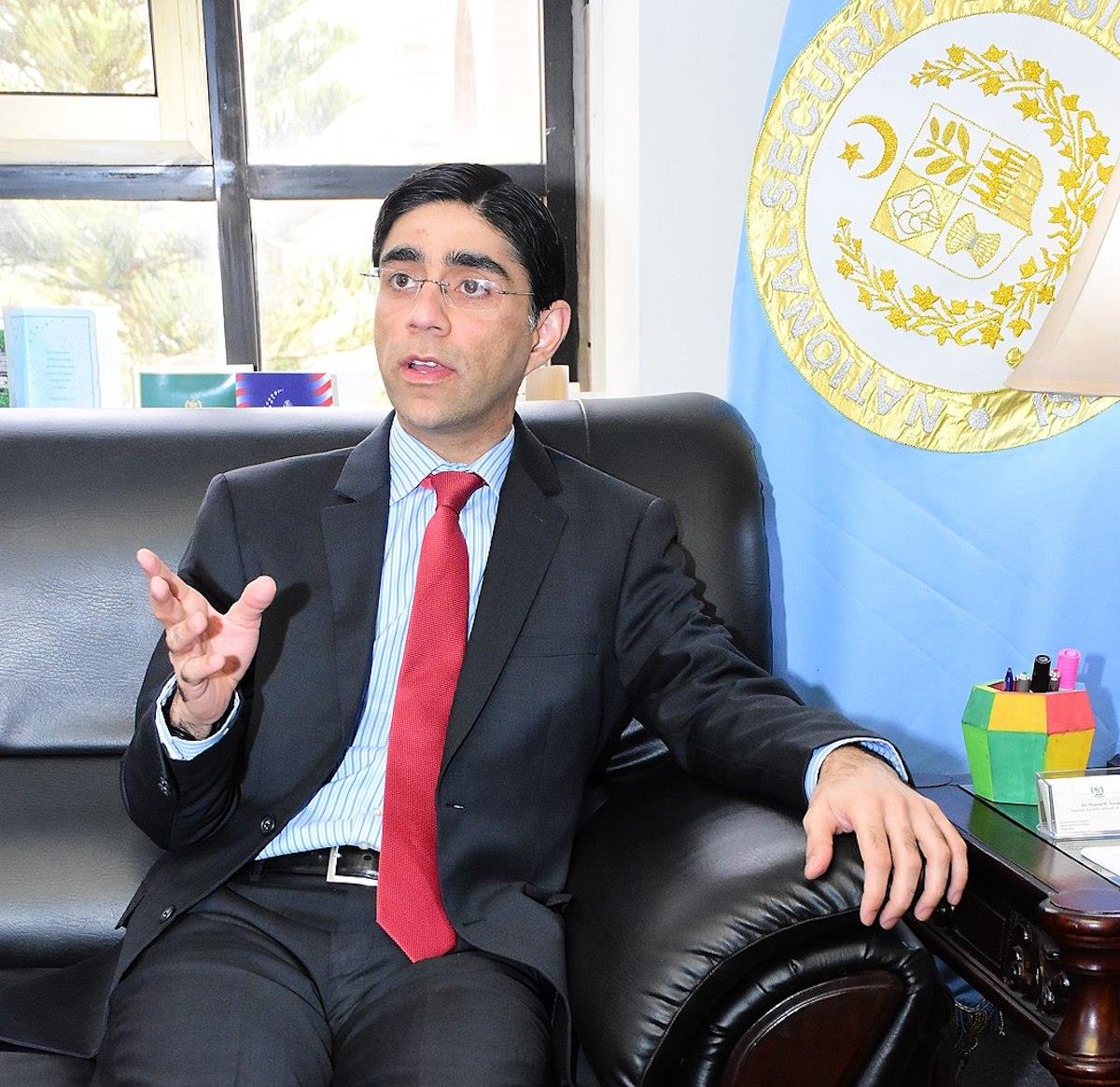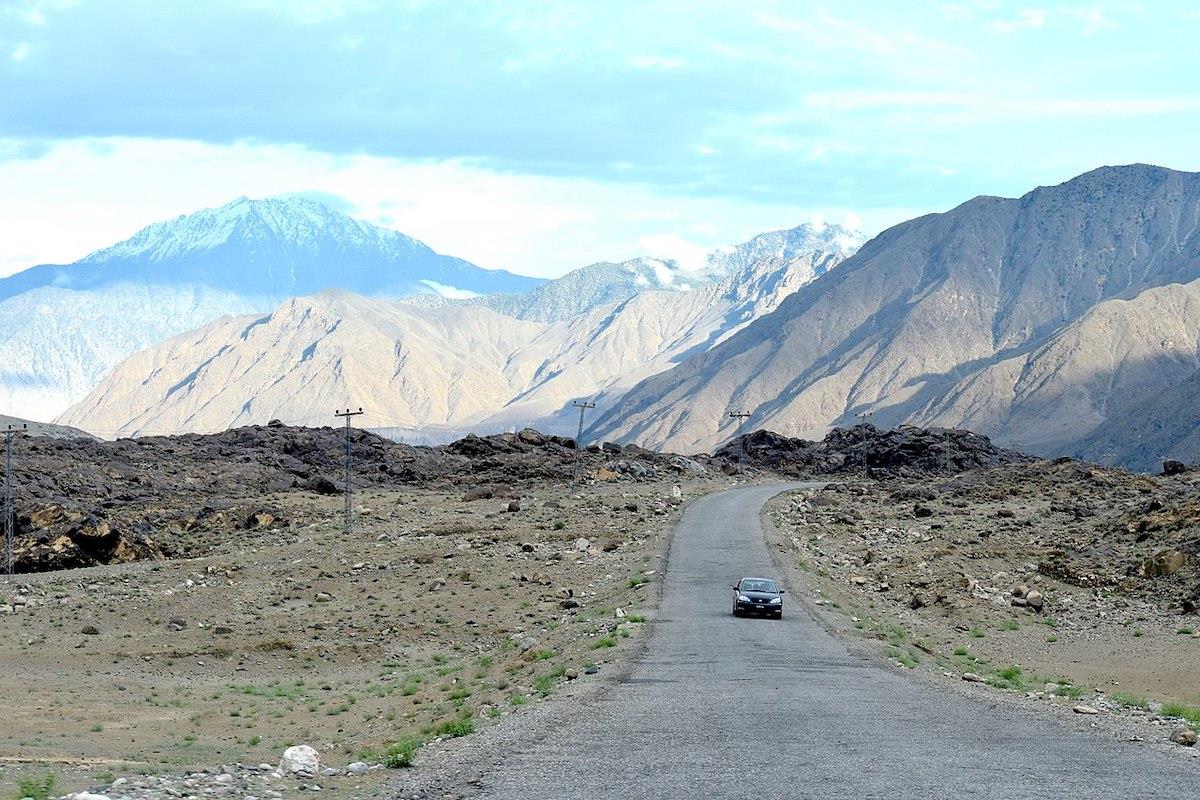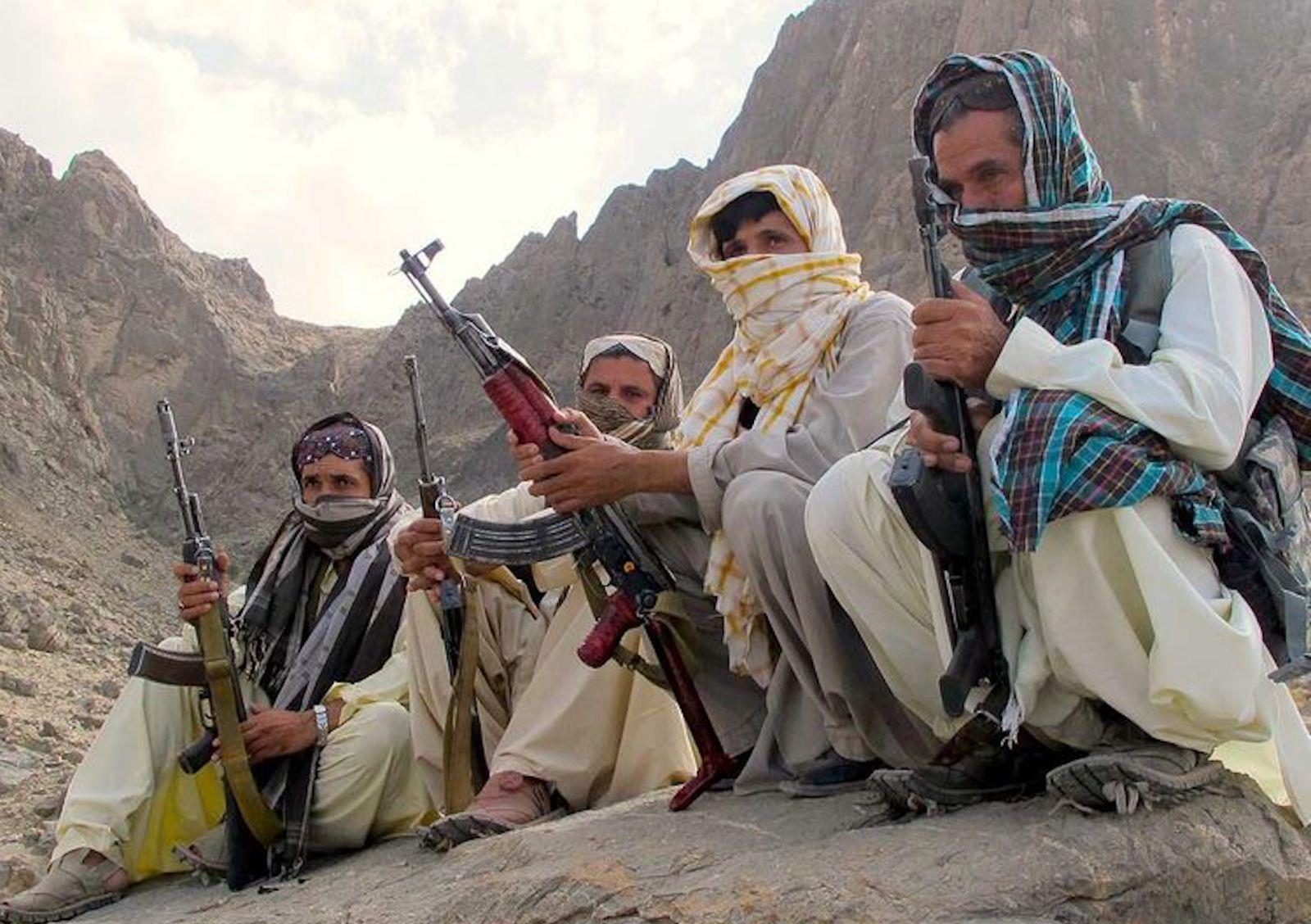(MENAFN- Asia Times)
Pakistan Prime Minister Imran Khan's recent visit to China reaffirmed ties and put the US$60 billion China-Pakistan Economic Corridor (CPEC) back on track but the future of relations will come down to concessions on both sides.
Khan's visit came against the backdrop of Islamabad's failure to reset ties with the US in the wake of America's withdrawal from Afghanistan in August last year. Ever since coming to power in mid-2018, the Khan administration's key focus, at least until very recently, has been to forge better ties with the US.
Pakistani authorities who remain predisposed to the West have even offered to scrap or sideline the CPEC if Washington could offer similar financial assistance, inside sources told Asia Times.
However, because Washington's relations with Islamabad were closely linked to and ultimately vexed by the US war in Afghanistan, there are now only marginal geostrategic stakes at play from Washington's perspective after its withdrawal from the war.
In this context, the Khan administration's decision to appoint Moeed Yusuf – a US-based Pakistani analyst who worked for years for the US government-funded United States Institute of Peace – as national security advisor was made due to his supposed close ties with top US policymakers.
The aim was to help Pakistan's civil and military elites get access to the new Biden administration and negotiate a reset of bilateral ties.

Moeed Yusuf has tried but so far failed to improve ties with the US. Photo: WikiCommons
Cool US reception
While Moeed has been instrumental in facilitating Pakistan's access to an IMF bailout package, he has essentially failed to achieve the other objective of opening a new era of US-Pakistan ties.
In particular, critics say, Moeed could not convince the Biden administration of Pakistan's continued relevance in the post-withdrawal geopolitical scenario. They claim Moeed has not contributed anything meaningful beyond some“constructive” meetings with his American counterpart, Jake Sullivan.
Pakistan's prospects for better ties with the US diminished further when the US declared Qatar as its diplomatic representative in Afghanistan in November 2021, making Doha, to quote Secretary of State Antony Blinken, the“protecting power” for the US in Afghanistan.
Diplomatic sources say this has caused Pakistan to rethink its ties with China, which had generally been in limbo since Khan came to power largely due to perceived as flawed and disadvantageous CPEC agreements. Some of those are now under official“review.”
Meanwhile, the China-Pakistan joint committee on the CPEC, which at its outset was designed to meet every year, has not convened for two consecutive years between November 2019 and September 2021.
But the Khan administration's refusal to attend Biden's Democracy Summit set the stage for Khan's much-anticipated meeting earlier this month with Chinese leader Xi Jinping on the sidelines of the Winter Olympics.
The significance of this reset was underlined by China's expressed support for Pakistan, not only in terms of taking forward the CPEC but also on important geopolitical issues related to Afghanistan and most importantly Kashmir.
China's reference to Kashmir as a“disputed territory” was particularly significant. The fact that“China opposes any unilateral actions that complicate the situation” in Kashmir signals China is willing to expand the scope of its support for Pakistan on Kashmir vis-a- vis India.

A section of the Karakoram Highway, now an important part of the CPEC. Photo: WikiCommons
Debt trap denial
The Khan administration has touted this as a major diplomatic victory, while simultaneously“dismissing” Western criticism of the CPEC as a“debt trap.” Significantly, Pakistan has also supported China's stance on the Uighur issue, which Western nations have characterized as“genocide.”
Pakistan now sees the CPEC as the key to“lifting” millions of Pakistanis out of poverty, Khan told Eric Li, director of the Advisory Committee of the China Institute of Fudan University, in an interview.
At the same time, controversy will likely continue to hound the ambitious infrastructure-building project, a key spoke on China's Belt and Road Initiative.
In the past, China has pressured Pakistan to review its 18th constitutional amendment (2010) – in particular, its transfer of powers and resources to the provinces – so that CPEC projects could be advanced without“provincial hurdles,” according to a diplomatic source who requested anonymity.
Ever since the CPEC's inauguration, there has been controversy about the eastern and western routes of the scheme's projects. Provincial and nationalist forces have highlighted what they see as the deliberate neglect of the western route, which lies along more underdeveloped regions of Pakistan's Khyber Pakhtunkhwa (KPK) and Balochistan provinces without intersecting the more developed Punjab province, which is on the CPEC's eastern route.
China's problems with the 18th amendment, however, are not only territorial and geographic but also financial.
The 18th amendment also gives constitutional protection to the 7th National Finance Commission award where the federal government transfers almost 58% of financial resources from the federal divisible pool to the provinces. Khan has said the allocation leaves the federal government almost“bankrupt.”
The lack of sufficient federal financial resources has thus hindered the completion of many CPEC projects, which has fueled China's displeasure over the scheme's slow progress.

Balochistan Liberation Army fighters at an undisclosed location in a file photo. Photo: Facebook
Ethnic troubles
While experts have repeatedly said the reason for the federal government's financial problems is its failure to generate tax and abolish ministries and departments that were transferred to provincial governments via the 18th amendment, both the military-backed Khan administration and China blame“provincial politics” for Islamabad's financial woes.
The CPEC's revival could also resurrect anti-18th amendment politics, generating a political controversy that could polarize Pakistan along ethnic and provincial lines.
One clear indication of how the CPEC is already driving ethnic polarization came in October-November last year when locals in Gwadar protested against deemed as illegal fishing by Chinese boats around the port of Gwadar.
Recent insurgent attacks in Balochistan by Baloch militant groups also show how the region is fast shifting from polarization to new waves of militancy, which could have grave consequences for the CPEC and particularly the China-invested Gwadar.
“If China presses Pakistan into reviewing the 18th amendment to recentralize powers and resources so that it can deal with Pakistan as a 'one unit,' it will give an additional reason to Baloch nationalists – as well as nationalists in Sind – to resist the CPEC even more in all provinces,” said Karim Baloch, a Quetta-based Baloch civil activist.
Cognizant of this rising sentiment, the Chinese will likely be much more astute in applying such pressure in the coming months and years than they were previously. At the same time, Beijing will also sense it is in the driver's seat as Islamabad's overtures to the US go unanswered.
MENAFN23022022000159011032ID1103749241
Legal Disclaimer:
MENAFN provides the information “as is” without warranty of any kind. We do not accept any responsibility or liability for the accuracy, content, images, videos, licenses, completeness, legality, or reliability of the information contained in this article. If you have any complaints or copyright issues related to this article, kindly contact the provider above.